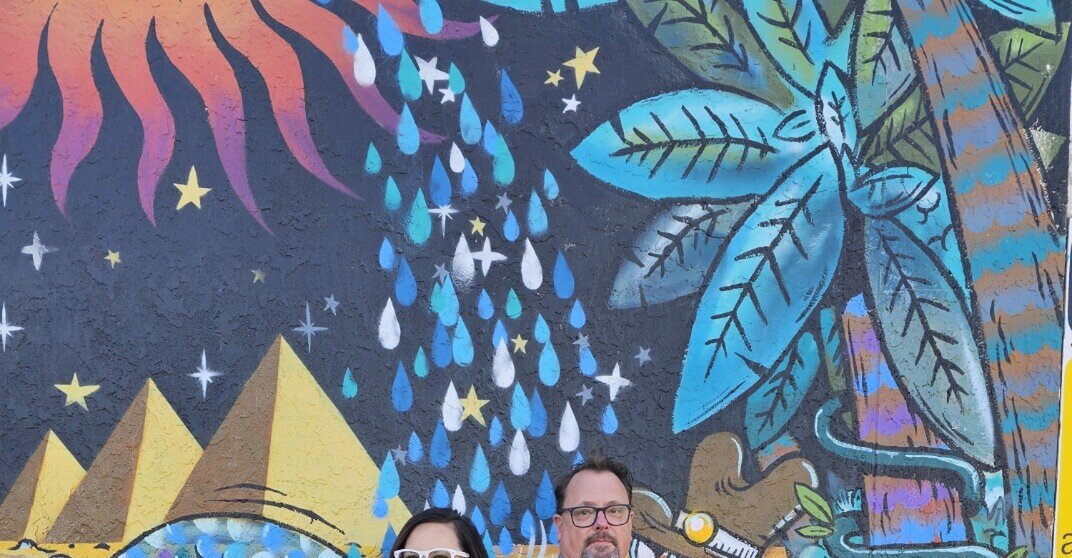Lego® Serious Play® (LSP) enables individuals and teams to explore topics deeper and faster than many other methodologies. I went into some of the theory of how LSP works in a previous blog post.
So we know it works and why. But what type of scenarios or situations can LSP be actually used for? Great question! Let’s dig a bit deeper into the range of scenarios where LSP can be applied.
The answer is relatively simple. As long as you have an open question that you want to explore with your team and you don’t have a predetermined answer, LSP will support the team exploration of the subject.
This means the topics that LSP can be suitable for are almost endless. In my experience, there is no one area that is used more than others. Every team has a different goal, objective and motive to use LSP to facilitate their conversations. Understanding the desired outcomes is key to setting up a successful process.
In saying that, exploring excellence is a common thought thread I use in my workshops. But the focus and desired outcomes are always different. A question such as “What does excellence look like for the next 12 months” is a great starter for teams to start their annual planning process. I have taken teams on many slight variations on this discussion thread such as exploring excellence for projects (from a customer perspective) and “what does excellence mean in terms of an ideal customer experience. This is a great example of how a root question can be modified to narrow the focus and increase the benefits for a team.
A Lego® Serious Play® workshop consistently achieves great results like better clarity across the team, appreciating how people ‘see’ the issue and an understanding of what it means to them. We all have different experiences in life and work. When blended with other people’s view on the world, we build up a series of assumptions without collectively stepping back and understanding each other’s views. No wonder misinterpretations, confusion and frustration can sneak into the workplace.
Successful organisations understand this and have used LSP to reset the organisational purpose. Over the years this can become clouded which in turn blurs the supporting messages, marketing etc. How do individual strengths and skills fit into the delivery of this purpose? This can be explored, understood and literally visualised through some more advanced LSP methods. Relationships and the effects on service delivery can all be explored through team builds and placing individual ideas around a central model.
There are a few cautionary tips I will give organisations before walking into a room full of Lego®. Be ready for some brave conversations, be ready to be an equal player with your team - there are no tall poppies in a LSP session. Absolutely be ready for some awesome discussions that you don’t expect!
Up to this point, the examples shared were developed for groups from the same business. Allowing functional teams to explore a range of topics that are important to their pursuit of operational improvement and excellence. But the power of Lego® Serious Play® can also be just as powerful to tap into the knowledge of people from different organisations. Running a general exploration session based on a topic such as user experience is possible with everyone taking the shared experience and insights back to their own businesses.
I haven’t personally run a session within a recruitment process (it is not my sandpit I play in), but I know it can be a great way to understand and obverse prospective team members in a problem solving, collaborative environment. I have discussed with local government organisations about how it can be a great tool to use during a consultation process with the community. The process of LSP changes the way people act and talk, so those typical antagonists are required to understand & listen to other perspectives, collaborate and allow the voices of others to be heard - such a powerful outcome.
It is not a service I offer, but I know of other facilitators who successfully use LSP in group and individual coaching sessions, allowing people to explore and express their ideas, ‘see’ opportunities that more traditional methods may not achieve.
My most memorable and favourite experience facilitating a LSP session was with a whole school team. This included staff, senior leadership, Board members and students ranging from 8 years to 12 years old - all in one room (well school hall actually!). In one session they all explored the question “what success looks like”. This allowed the different groups to share their different perspectives. The staff were able to express what a successful teaching year looked like. Senior leadership, using the same question were able to demonstrate and provide clarity around the expectations of the School’s leadership team. The participating Board members were able to express their views in a way that really connected with the staff. Then we got to the students and wow! When the students finished telling their story represented by the fantastic model they had created, there wasn’t a dry eye in the room. LSP provided these children a way to safely and confidently share what was important from a student perspective. It was the most humbling experience of my LSP career.
All of these experiences are just a small insight on the type of areas that are explored through Lego® Serious Play®. The question used in a LSP session doesn't have to be complicated. There just has to be a willingness to hear perspectives and stories that you might not expect.


